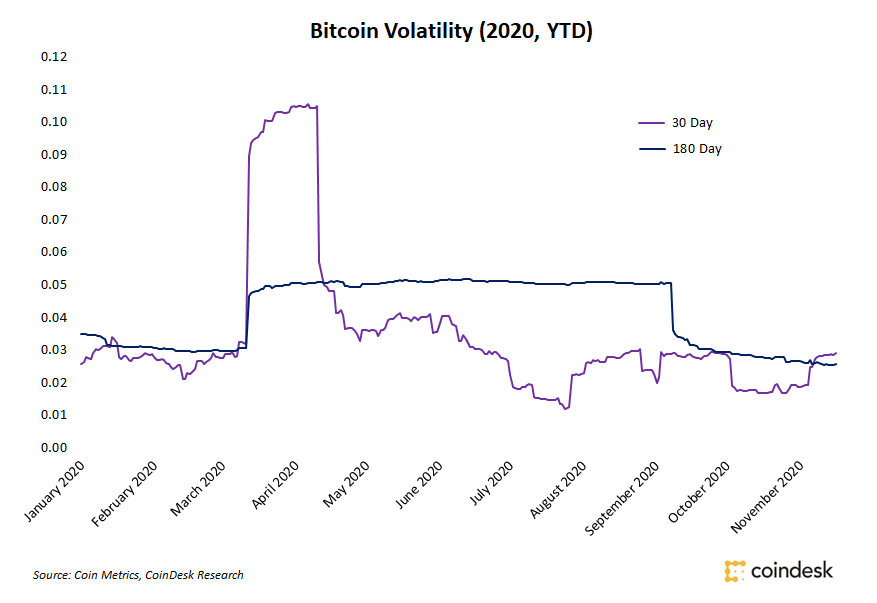Bitcoin Noticeably Absent From Senate Hearing on Facebook’s Libra

For a panel about a proposed cryptocurrency, Tuesday’s Senate Banking Committee hearing was notably light on crypto talk.
Bitcoin was barely mentioned during the two-hour session and most of the lawmakers seemed far less concerned with the technology than with who was planning to leverage it: Facebook.
Sen. Brian Schatz (D-Hawaii) put it perhaps the most succinctly. Responding to Facebook executive David Marcus’ oft-repeated talking point that the Libra project was important for the U.S. to avoid being left behind in the blockchain revolution, Schatz said: “You’re making an argument for cryptocurrencies generally. … The question is not, ‘Should the U.S. lead in this?’”
Rather, he said, the question is: Why Facebook?
“Why in the world, of all companies, given the last couple of years, should [Facebook] do this?” Schatz asked, referring to the social media giant’s data-privacy and election-meddling scandals.
Crypto savvy
Similarly, the remarks from Sen. Kyrsten Sinema (D-Ariz.) about cryptocurrency were FUD-free.
“Despite granting anonymity, cryptocurrencies aren’t the first choice for drug traffickers … because cryptocurrencies aren’t easy to use,” she said.
Sen. Chris Van Hollen (D-Md.), likewise, sounded much less worried about the granddaddy of all cryptos than about Facebook CEO Mark Zuckerberg’s new brainchild.
“The volatility of bitcoin … means it won’t be put in widespread use. While [Libra] is supposed to be put into wide use,” Van Hollen said.
Another difference is that unlike bitcoin, where there is no central issuer claiming to have assets backing the currency, “you do have to trust the Libra Association,” Van Hollen added. “When you’re talking about the world currency I’m not sure if there is sufficient sustainability.”
‘Big potential’
And Marcus, for his part, did little to invite comparisons between Libra and bitcoin, instead positioning the project as a path to financial inclusion for underserved populations.
“Our first goal is to create utility and adoption, enabling people around the world – especially the unbanked and underbanked – to take part in the financial ecosystem,” he said in his opening statement, which made no mention of bitcoin or cryptocurrency.
In contrast to bitcoin’s radical promise of a capped money supply invulnerable to political influence, Marcus said Libra, governed by a consortium of tech, VC and payments companies, had no such ambitions.
The Libra Association, he assured the lawmakers, “will work with the Federal Reserve and other central banks to make sure Libra does not compete with sovereign currencies or interfere with monetary policy. Monetary policy is properly the province of central banks.”
And though he grilled Marcus on data sharing and consent, Sen. Pat Toomey (R-Pa.) sounded bullish on blockchain in general.
“We shouldn’t prevent what can be a tremendous financial innovation. There is a big potential in blockchain technology,” Toomey said.
Warning against hasty overregulation of the industry, Toomey said U.S. regulators shouldn’t “strangle this baby in its crib.”
Nikhilesh De and Anna Baydakova contributed reporting.
Sen. Pat Toomey image via Senate Banking Committee









